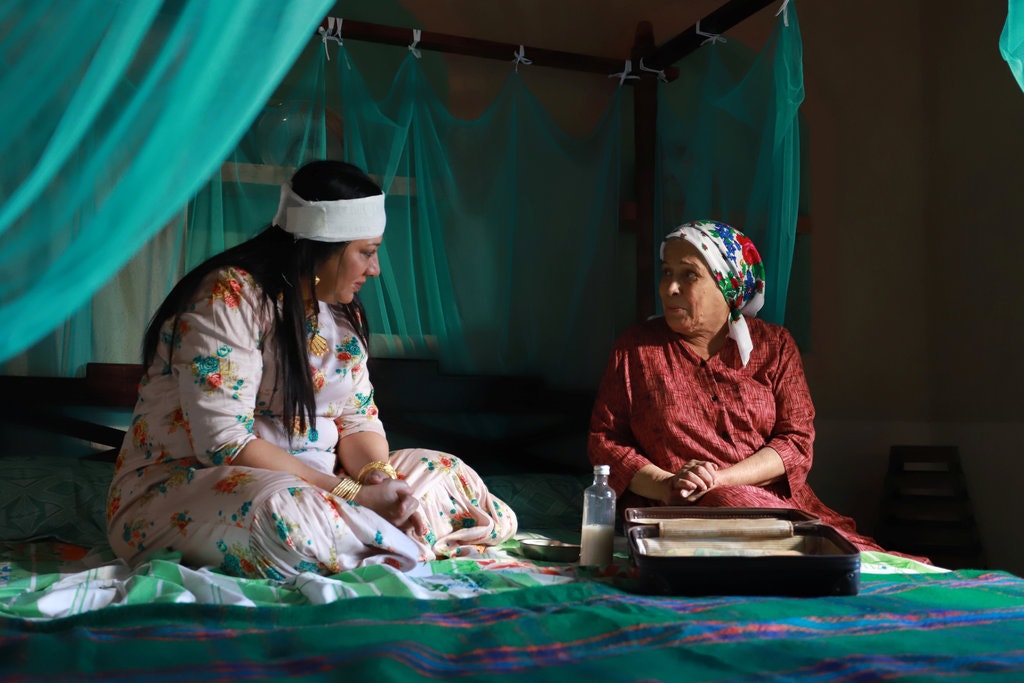
BEIRUT — Saudi Arabia has been sharply criticized over the decades for school textbooks that preach women’s subservience to men, anti-Semitism and a general enmity toward religions other than Islam. But those textbooks have been slowly scrubbed of much of this objectionable content, with particularly significant revisions made in the fall.
Gone is a section on sodomy that was supportive of capital punishment for homosexual relations. Gone are most adulations of extremist martyrdom and its characterization as the highest aspiration of Islam. Anti-Semitic references and calls to “fight Jews” are now far fewer, with the latest edition of a 10th-grade textbook having removed a passage quoting the prophet Muhammad as saying, “The [Day of Judgement] will not come until Muslims fight the Jews, and the Muslims will kill them [all].”
The Institute for Monitoring Peace and Cultural Tolerance in School Education (IMPACT-se), an Israel-based group that monitors school curriculums, welcomed the changes. The group’s chief executive, Marcus Sheff, called them “quite astonishing.”









 BEIRUT, Lebanon — In a mud-walled village in the Persian Gulf, a Christian woman sheds tears of love for a Muslim merchant. But he is stuck in a miserable marriage to a woman who longs for another Muslim man. But she can’t have him, because he is crazy about the local rabbi’s daughter.
BEIRUT, Lebanon — In a mud-walled village in the Persian Gulf, a Christian woman sheds tears of love for a Muslim merchant. But he is stuck in a miserable marriage to a woman who longs for another Muslim man. But she can’t have him, because he is crazy about the local rabbi’s daughter. Understanding the events of 1979 is crucial for those trying to figure out a better future for today’s Middle East.
Understanding the events of 1979 is crucial for those trying to figure out a better future for today’s Middle East. The world’s 1.8 billion Muslims look to one country above all others.
The world’s 1.8 billion Muslims look to one country above all others.